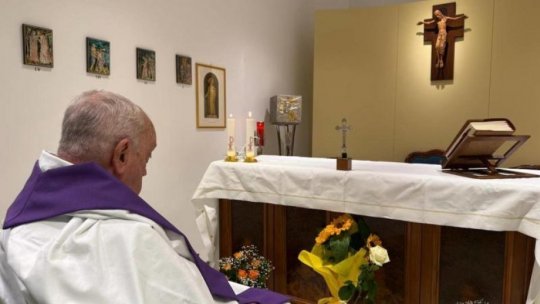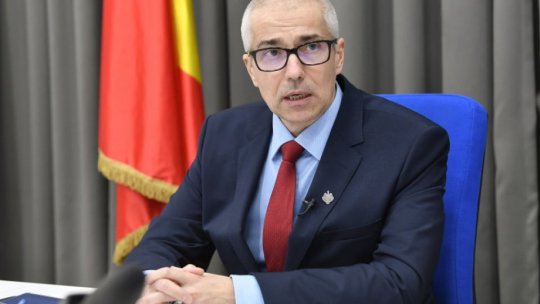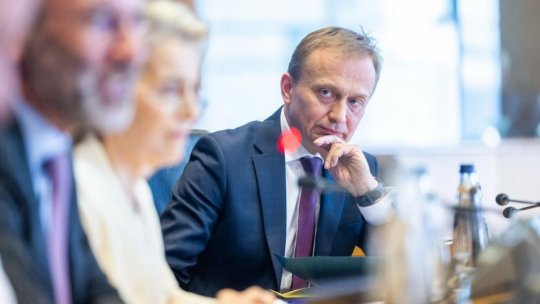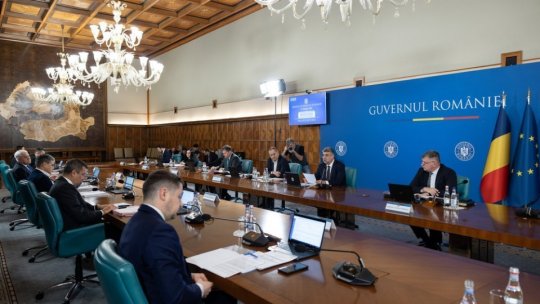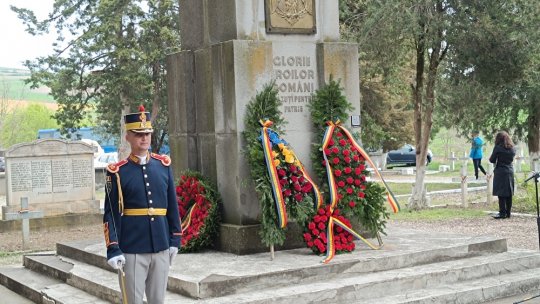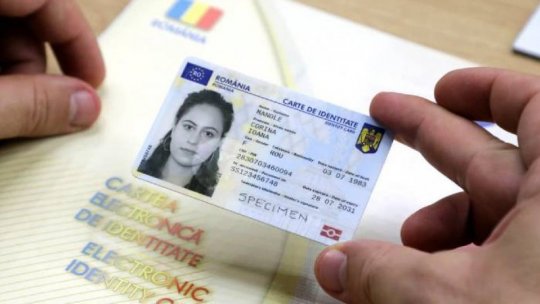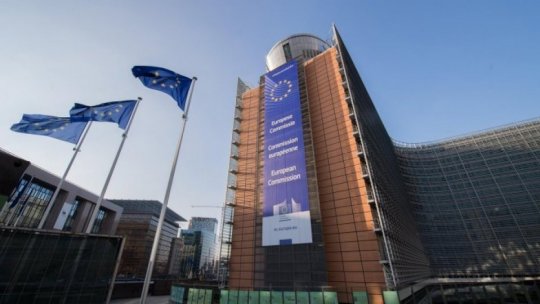Teodor Meleşcanu at the meeting of NATO Foreign Ministers
Romanian Foreign Minister Teodor Meleşcanu attended, on April 27, NATO Foreign Ministers' meeting in Brussels.
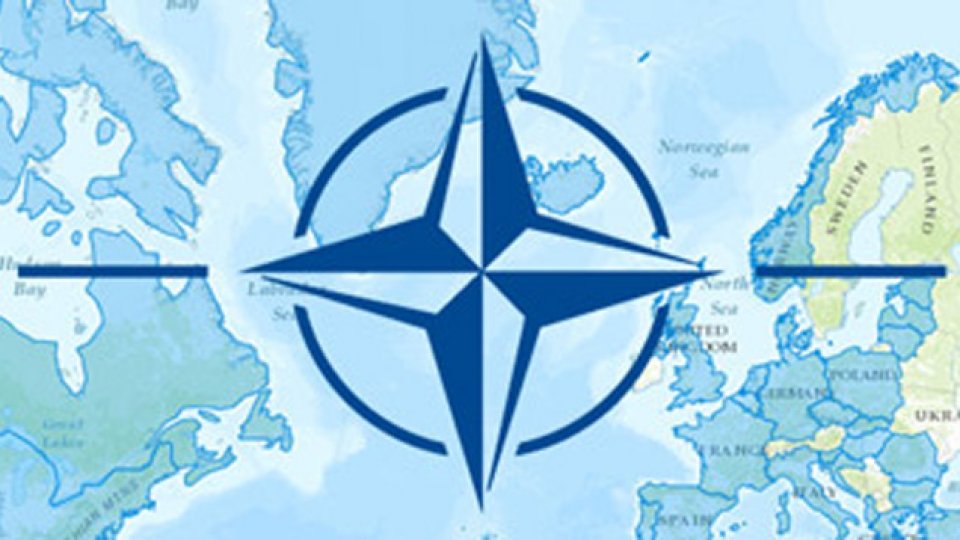
Articol de Radu Dobriţoiu, 29 Aprilie 2018, 13:43
Romanian Foreign Minister Teodor Meleşcanu attended, on April 27, NATO Foreign Ministers' meeting in Brussels, the last in this format ahead of the NATO Summit in July 2018.
Meeting included four working sessions where foreign ministers discussed relations with Russia, situation in the southern neighborhood of the Alliance, Afghanistan and the 'Open Door' policy.
Foreign Ministers expressed concern over Russia's continued destabilizing policies and actions, both in eastern Ukraine and in the wider Black Sea, Baltic Sea, Mediterranean and Middle East region as well as in the North Atlantic, through increased aggressive military presence and actions, use of cyber-attacks, hybrid methods and disinformation.
In this context, Ministers reconfirmed the validity of the current approach set by the Warsaw Summit, based, on one hand, on strengthening NATO's deterrence and defense and, on the other hand, on availability to set up a dialogue with Russia in a spirit of reciprocity. In this regard, ministers considered the possibility of organizing a new NATO-Russia Council meeting.
Stability planning was another central theme of this ministerial meeting. Heads of NATO diplomacy discussed ways to increase NATO's support for combating terrorism and instability in the Southern Neighborhood, in cooperation with the European Union's High Representative for Foreign Affairs and Security Policy / Vice-President of the European Commission, Federica Mogherini. Concept of operations of a new NATO training mission in Iraq has been approved and is to be launched at the July Summit. Foreign Ministers also discussed the possibilities of increasing NATO assistance in developing the defense capabilities of partners in the region, especially in Jordan and Tunisia, and agreed the guidelines for a strategic approach of the Alliance for the Southern Neighborhood.
Head of the Romanian Diplomacy highlighted Romania's support for strengthening NATO's role in the Southern Neighborhood, while continuing to support the Eastern Neighborhood partners and the Western Balkans. He highlighted the importance of NATO-EU cooperation in the field, as well as Romania’s contribution in the matter. In a spirit of solidarity with the Allies in the vicinity of the southern flank, Romania will continue to participate in efforts related to Iraq and will contribute to the South Unit of the NATO Command Structure.
Allied ministers also reconfirmed NATO's commitment to Afghanistan by continuing operational effort in the Resolute Support mission, by providing the necessary funding for the Afghan security forces and by supporting the process of reconciliation and internal reform. Romania will continue to maintain an active profile and a significant presence in Afghanistan's theater of operations in the current year, Romania taking the fifth place among the contributing states. At the end of this meeting, the Allied Foreign Ministers adopted a public statement reconfirming their commitment and support for Afghanistan.
Particular attention was paid to developments in the Western Balkans and to NATO's 'open door' policy. Ministers have confirmed NATO's support for Western Balkan stability and the Euro-Atlantic integration of states in the region. Georgia's progress in preparing for accession has also been appreciated and NATO's support for its accession aspirations has been reconfirmed, as decided by the NATO Summit in Bucharest and according to subsequent decisions. Romanian Foreign Minister expressed Romania's constant support for the continuation of the 'Open Door' policy, as well as for NATO support and assistance for the reform efforts of the aspiring states.
Meeting of the Foreign Ministers on 27 April 2018 marked the completion of a historic stage in the existence of the North Atlantic Alliance, occasioning the last sessions of the North Atlantic Council in the current NATO headquarters.
Source:RRA.Translated by Miruna Matei

